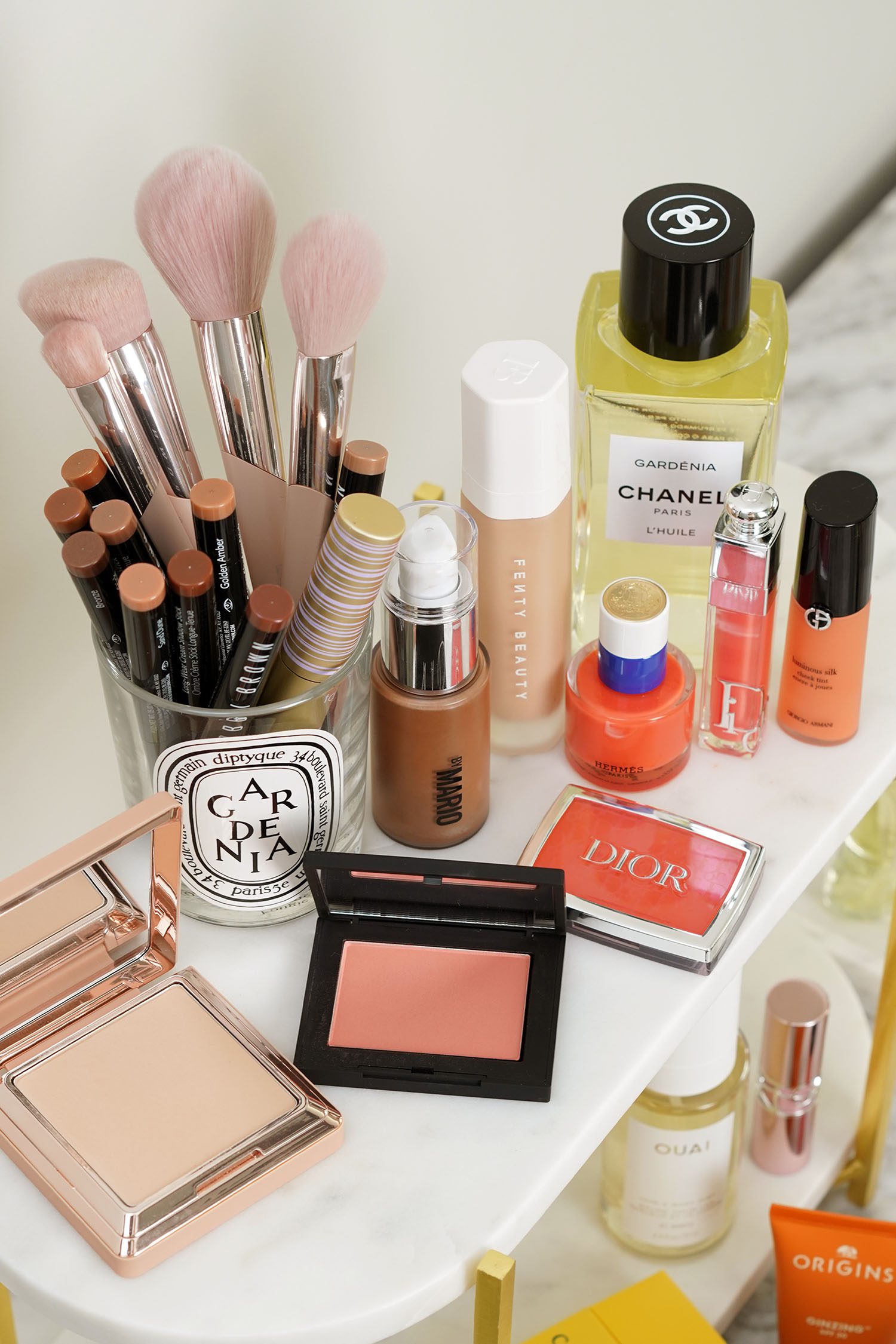
[ad_1]

OPINION: Last week I had the chance to see a sneak preview of Google’s AI plans for its Chromebook Plus range.
I was able to test out those same AI features on a Chromebook supplied by Google, but instead of moving back to my trusty Windows laptop after the news became public, I have since stayed put. Using that same Chromebook as I type this, I’ve come to realise one thing: Google’s laptops could finally be ready to have their day in the sun.
Even though Chromebooks have been on the market since 2011 and now command a respectable portion of the laptop market, I haven’t been able to shake the notion that they are only really suited to students in need of a cheap yet reliable laptop to see them through their studies.
Aside from the fact that I haven’t used a Chromebook since university, the understanding that these devices revolve around Google’s ecosystem hasn’t exactly dissuaded my opinion of them.
After all, Chromebooks are never going to offer up the same amount of raw power that’s possible on Windows and MacOS, and there was always the issue that if you didn’t have an internet connection, a Chromebook was about as useful as a doorstop.
Using a Chromebook in 2024
All of these issues worked against me using a Chromebook as my daily work laptop but in 2024, I have come to realise that Chromebooks (and in my specific case, the Acer Chromebook Plus 515) offer up everything I need in quite an impressive way.
For starters – and I’m sure this is the case for any many others reading this – the entirety of my workload revolves around the Chrome browser. Whether it’s subbing articles, assigning work, responding to emails or diving into a Zoom call, it all happens in-browser. It’s the first thing that gets booted up and the last program to be shut down.
Online applications have come so far, particularly with the boom of cloud storage, that there’s very little that you can’t do in a browser these days, and what helps is the fact that unless you’re forking out for the fastest processors, Chromebooks (as one would hope) offer a speedy version of Chrome.
That speed also applies to an incredibly quick start-up process wherein I can honestly open up the Acer Chromebook Plus 515 and get straight into my emails in about 30 seconds. I can’t remember the last time I used a Windows laptop that ran that quickly, and now I’m hooked.
The same also goes for battery life. Only now that I’ve been using a Chromebook Plus for over a week have I realised how often I kept monitoring the amount of juice left in the tank on my Windows laptop.
Because ChromeOS is far less power intensive, I’ve largely been able to forget about the battery life, never feeling bamboozled by a sudden drain in the background. What this means is that whenever I do decide to work from a local cafe, I’m not dreading the idea that I might not get a table next to a power outlet.
All of this has made me realise that for a section of the working population that relies almost exclusively on web-based applications, you’ll get on perfectly well with what Chromebooks have to offer, and if you’re on a budget, I don’t think you’ll get quite the same value for money elsewhere. I only wish I’d given Chromebooks a second chance sooner.
[ad_2]






